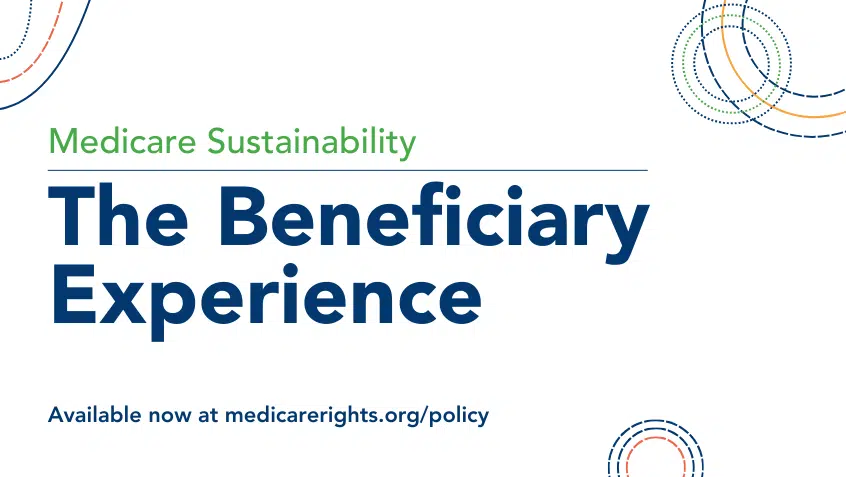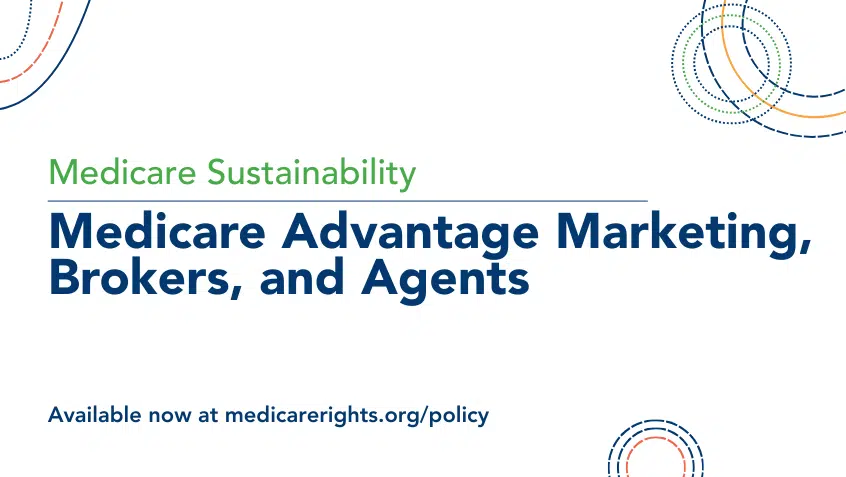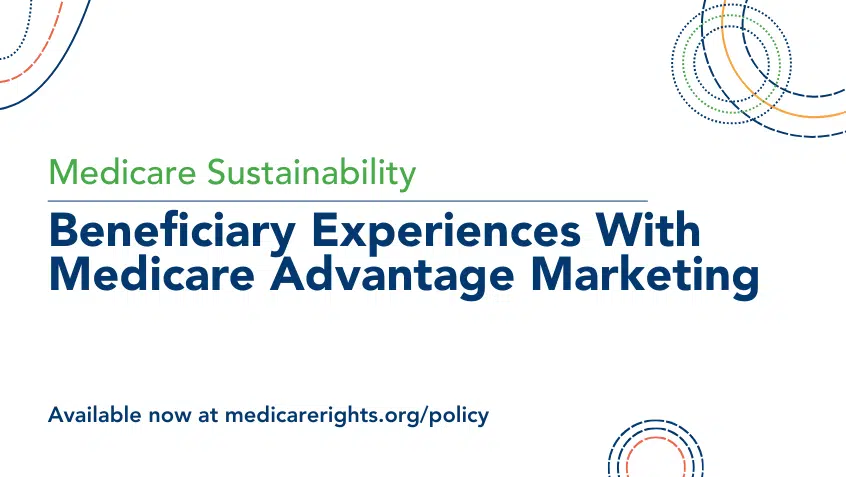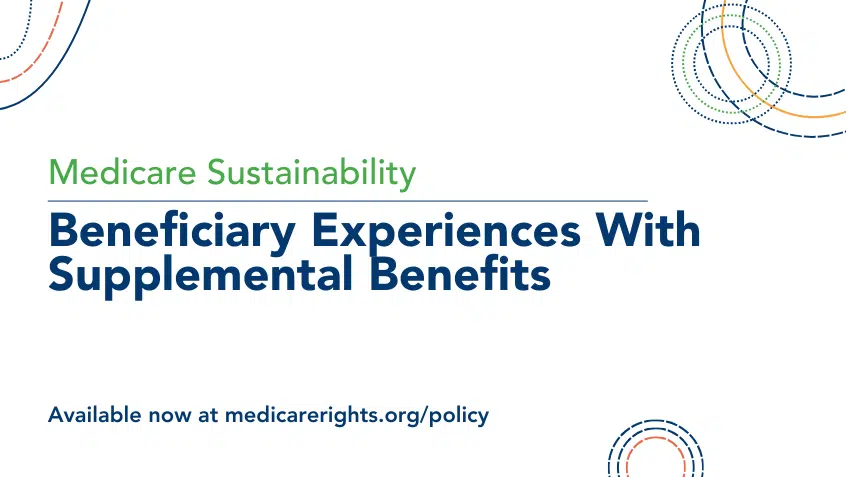
CMS Proposes Important Step to Combat Medicare Advantage Overpayment
Each year, the Centers for Medicare & Medicaid Services (CMS) gives notice of how some Medicare Advantage (MA) payments will
Join Us Live for a Discussion on Medicare, Democracy, and the Future of Health Care
People who choose Medicare Advantage (MA) face additional hurdles during the initial enrollment and annual plan selection processes. The MA plan choice landscape is cluttered, complicated, and confusing. Other MA features, like prior authorization, narrow provider networks, and predatory plan marketing, can worsen decision-making and access problems. It is also expensive. MA costs more, both overall and per enrollee, than Original Medicare. This drives up spending for the program, beneficiaries, and taxpayers; though little is known about how plans are using these dollars, or about overall plan quality. As MA enrollment grows, addressing its financing flaws and programmatic pitfalls becomes ever-more important. We support comprehensive reforms to ensure all beneficiaries can rely on their earned Medicare coverage.

Each year, the Centers for Medicare & Medicaid Services (CMS) gives notice of how some Medicare Advantage (MA) payments will

This week, Medicare Rights submitted comments in response to the annual Medicare Advantage (MA) and Part D proposed rule for
A comprehensive commentary by the Medicare Rights Center on the Centers for Medicare & Medicaid Services (CMS) proposed rule for

Sen. Chuck Grassley (R-Iowa), chair of the Senate Judiciary Committee, released a majority staff report on UnitedHealth Group’s (UHG) efforts

The Medicare Advantage Open Enrollment Period (MA OEP) runs from January 1 through March 31 each year. Unlike the annual

A new analysis of patterns of mental health care access for people switching from Medicare Advantage (MA) to Original Medicare

Medicare is becoming more costly and beneficiaries are increasingly struggling to afford care. In 2023, 41% of callers to the

Agents and brokers for MA plans receive commissions per enrollment and often receive additional “administrative” bonuses that balloon MA spending. These financial incentives drive aggressive and misleading marketing aimed at people looking for coverage. As a result, beneficiaries fall into the “MA Trap,” finding themselves enrolled in an MA plan that doesn’t meet their needs and without an efficient way to switch back to Original Medicare.

As the cost of care rises, beneficiaries increasingly look for plans that promise discounts or additional benefits. MA plans take advantage of this and flood potential beneficiaries with marketing calls, mailers, ads, and even in-person solicitation that can be deceptive and easily misunderstood.

Original Medicare has significant gaps in coverage, including very limited coverage of dental, vision, and hearing care. By advertising supplemental benefits that seem to fill these gaps and help tackle the cost of care and living, MA plans captivate the attention of beneficiaries struggling to afford care. But these benefits are not standardized or clearly communicated, falling short of their original promises.

Each year, the Centers for Medicare & Medicaid Services (CMS) gives notice of how some Medicare Advantage (MA) payments will

This week, Medicare Rights submitted comments in response to the annual Medicare Advantage (MA) and Part D proposed rule for
A comprehensive commentary by the Medicare Rights Center on the Centers for Medicare & Medicaid Services (CMS) proposed rule for

Sen. Chuck Grassley (R-Iowa), chair of the Senate Judiciary Committee, released a majority staff report on UnitedHealth Group’s (UHG) efforts

The Medicare Advantage Open Enrollment Period (MA OEP) runs from January 1 through March 31 each year. Unlike the annual

A new analysis of patterns of mental health care access for people switching from Medicare Advantage (MA) to Original Medicare

Medicare is becoming more costly and beneficiaries are increasingly struggling to afford care. In 2023, 41% of callers to the

Agents and brokers for MA plans receive commissions per enrollment and often receive additional “administrative” bonuses that balloon MA spending. These financial incentives drive aggressive and misleading marketing aimed at people looking for coverage. As a result, beneficiaries fall into the “MA Trap,” finding themselves enrolled in an MA plan that doesn’t meet their needs and without an efficient way to switch back to Original Medicare.

As the cost of care rises, beneficiaries increasingly look for plans that promise discounts or additional benefits. MA plans take advantage of this and flood potential beneficiaries with marketing calls, mailers, ads, and even in-person solicitation that can be deceptive and easily misunderstood.

Original Medicare has significant gaps in coverage, including very limited coverage of dental, vision, and hearing care. By advertising supplemental benefits that seem to fill these gaps and help tackle the cost of care and living, MA plans captivate the attention of beneficiaries struggling to afford care. But these benefits are not standardized or clearly communicated, falling short of their original promises.